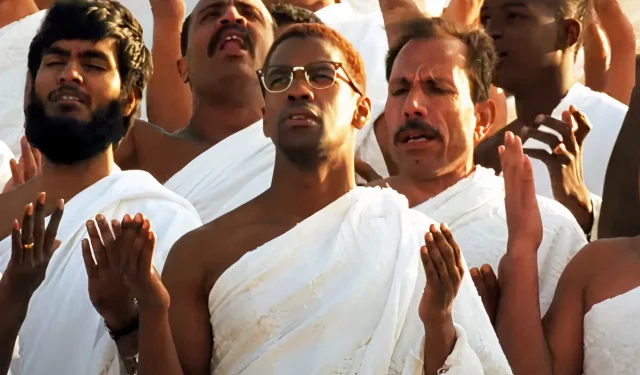
Spike Lee stands out as one of Hollywood’s most influential directors, renowned for his audacious storytelling and profound exploration of cultural and historical narratives, particularly those that resonate with Black Americans. His illustrious filmography, featuring iconic titles such as Do the Right Thing (1989) and BlacKkKlansman (2018), highlights his commitment to pushing cinematic boundaries and confronting pressing social issues. Lee’s ability to traverse various genres—from drama to biopic—enriches the film landscape, leaving an enduring imprint on the industry.
Despite his accolades, Lee’s journey has not been without obstacles. Early in his career, he encountered skepticism from studio executives hesitant to fund his ambitious visions. Nevertheless, his determination shone through, even during the challenging production of a significant biographical film requiring extensive international travel. This unwavering commitment to authenticity propelled him toward one of the most significant challenges in his career.
Defiant Decisions: The Location Controversy of Malcolm X
Funding Hurdles and Creative Resolve
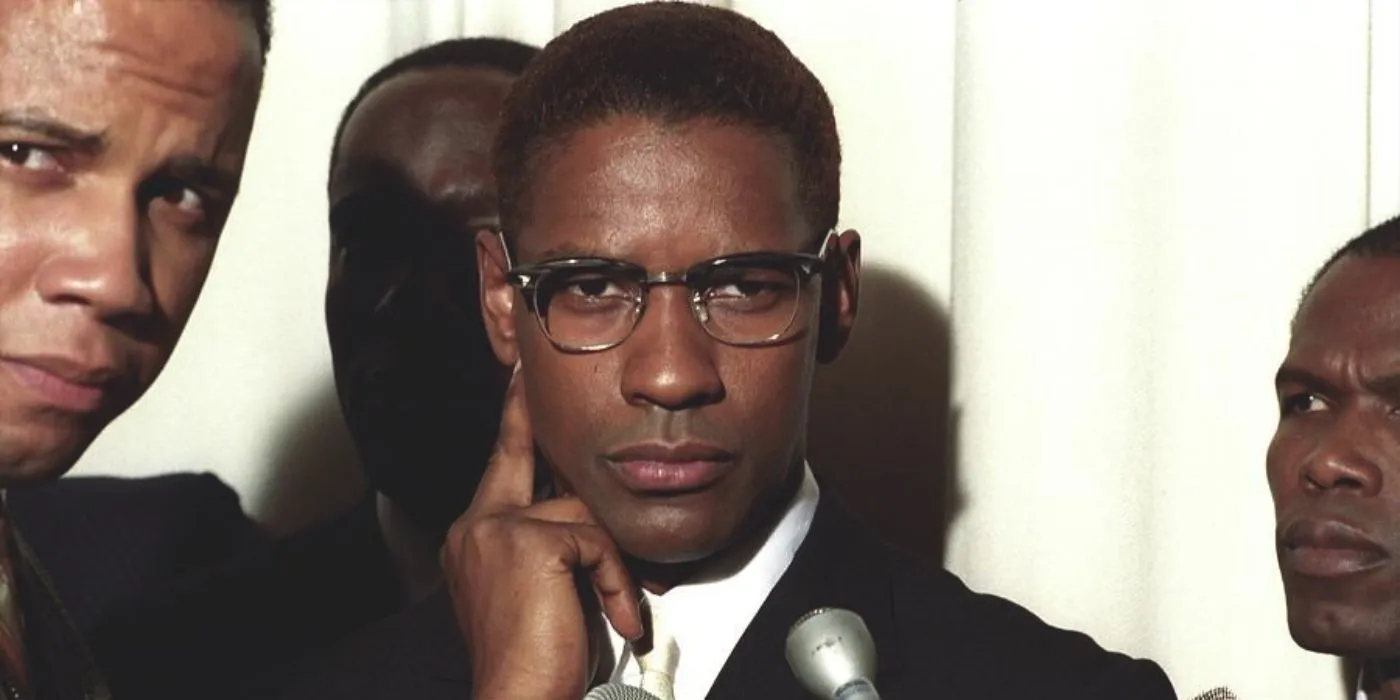
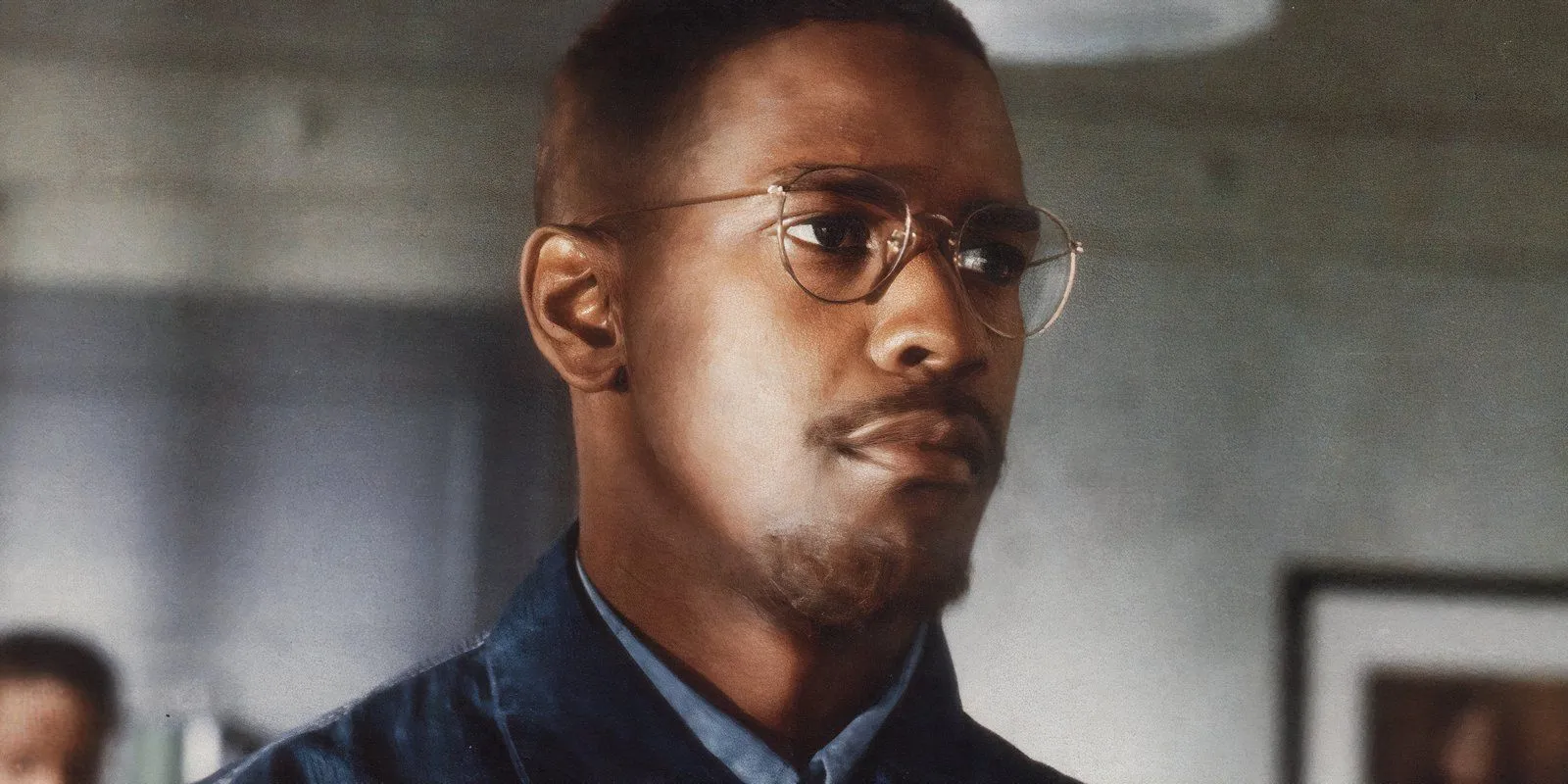
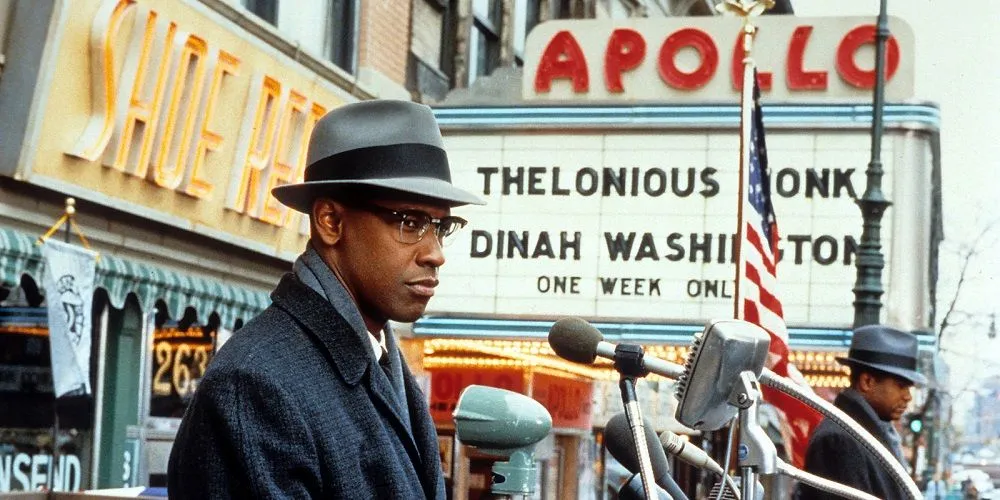
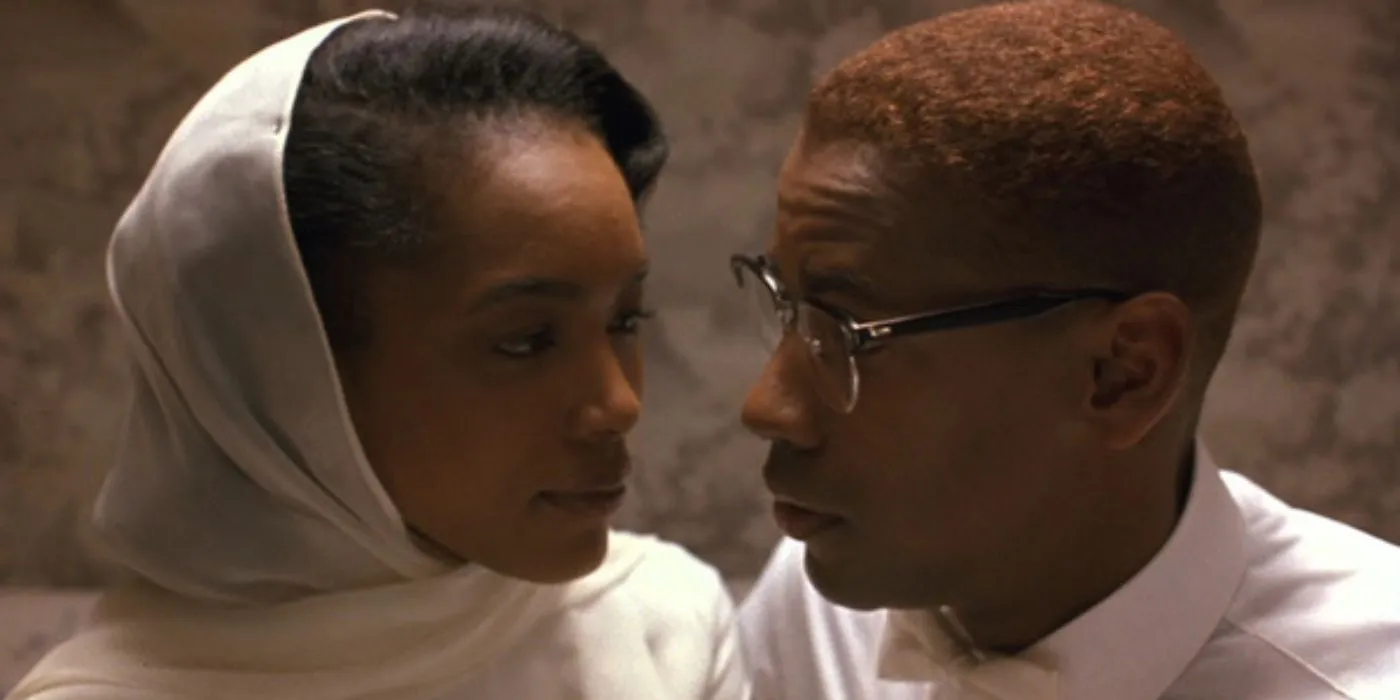
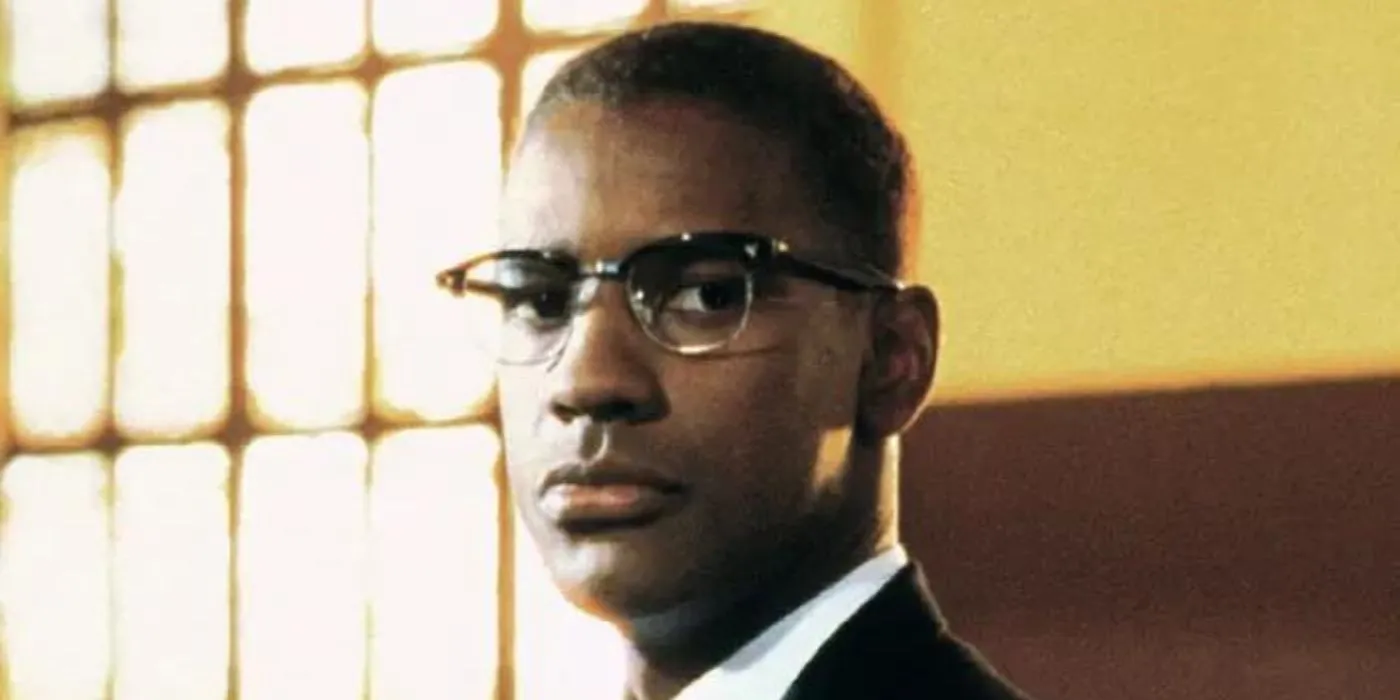
Malcolm X (1992), a biographical film portraying the life of the esteemed civil rights leader, faced significant financial challenges that nearly compromised its production. Although the project’s initial budget was set at $28 million, it eventually escalated to $33 million without additional support from Warner Bros. In a show of commitment, Lee personally contributed half of his $2 million salary to the film. However, this was insufficient, prompting him to reach out to friends and notable figures for assistance, including Oprah Winfrey, Tracy Chapman, Prince, Magic Johnson, and Michael Jordan.
In a candid discussion at the Red Sea Film Festival, Lee elaborated on the obstacles encountered during the filming of Malcolm X. He recounted the studio’s proposal to film in New Jersey instead of the spiritually significant location of Mecca, which Lee deemed essential for capturing Malcolm X’s pilgrimage. This refusal led to a pause in production, threatening the realization of his vision. Fortunately, leveraging his connections, Lee succeeded in raising the necessary funds to complete the film. His poignant remarks during the event highlight the resilience required to produce authentic art:
“Instead of shooting in Saudi Arabia, they said, why not shoot in the Jersey Shore in January? I said, ‘Hell no!’ and Warner Brothers shut down the film. I’d been paid $2 million and put in half my salary to make the film. So we were stuck.”
“It suddenly hit me like lightning: I know some Black folks with some money. Every time I asked for twice what the last person gave. The last two people were Magic Johnson and the GOAT Michael Jordan. Michael was the last. He’s very competitive. So I just let slip what Magic gave – and that way, I got the funding. But I promised each person, saying that I would go to my grave without saying how much each gift was.”
Ultimately, Malcolm X holds the distinction of being the first American-made, non-documentary film authorized to film in Saudi Arabia.
A Reflection on Lee’s Vision Amid Challenges
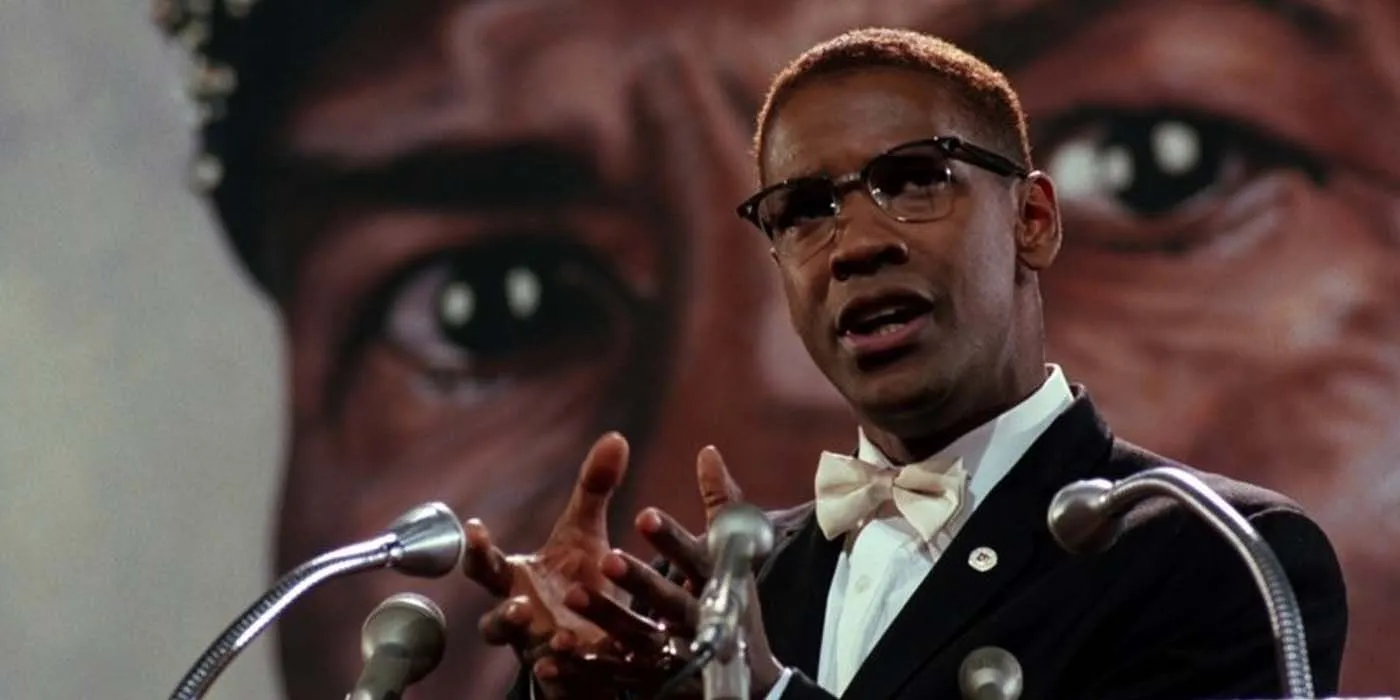
The determination exhibited by Lee during the production of Malcolm X arguably represents a pivotal point in his career. His readiness to invest both financially and emotionally reinforces the importance of creative integrity in filmmaking. By prioritizing the authenticity of Malcolm X’s meaningful journey over logistical convenience, Lee not only secured a successful film but also reinforced his reputation as a filmmaker passionately committed to his artistic vision. This narrative serves as a powerful reminder that embracing risks and adhering to one’s values can yield transformative and resonant outcomes.
Source: Variety




Leave a Reply